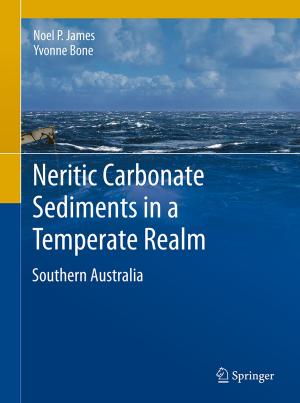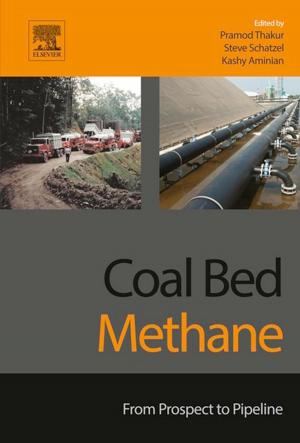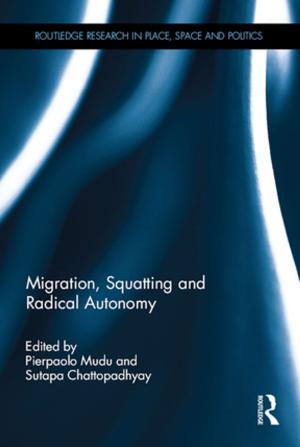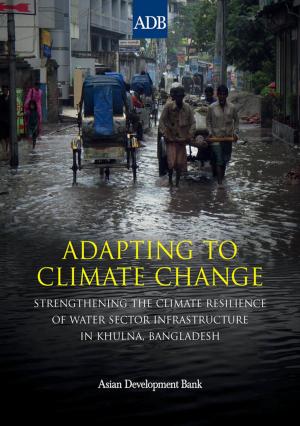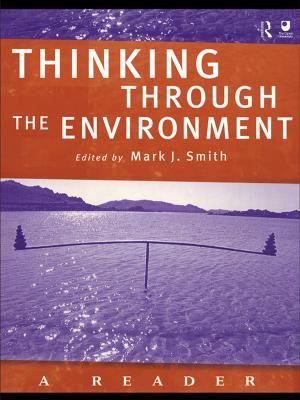Power Plant Cooling Technologies
Nonfiction, Science & Nature, Science, Chemistry, General Chemistry, Earth Sciences| Author: | Mir Akbar Hessami | ISBN: | 9781458173782 |
| Publisher: | Mir Akbar Hessami | Publication: | May 2, 2011 |
| Imprint: | Smashwords Edition | Language: | English |
| Author: | Mir Akbar Hessami |
| ISBN: | 9781458173782 |
| Publisher: | Mir Akbar Hessami |
| Publication: | May 2, 2011 |
| Imprint: | Smashwords Edition |
| Language: | English |
Hybrid cooling systems could potentially save water. Water shortage is a major problem facing the power industry in many nations around the world. The largest consumer of water in most power plants is the wet cooling tower. To assist water and energy saving for thermal power stations using conventional evaporative wet cooling towers, a novel hybrid cooling system is investigated in this book.
Research on cooling systems to date has focussed on the individual components of cooling systems, not the system as a whole. Most of this research has been dedicated to cooling tower design and the optimisation of cooling tower characteristics. The issue of conserving water due to evaporation from existing operations has not been highly considered in the past. The major drawback in most of the previously conducted research in this field is the gap between maintaining energy efficiency whilst trying to reduce water consumption.
A hybrid cooling system consisting of a metal hydride heat pump and an existing cooling tower is described in this book. In addition to water saving, the hybrid cooling concept presented in this book also has the potential to improve energy efficiency and possibly reduce CO2 emission by recovering and upgrading the “waste” energy from the cooling water stream. This is therefore a win-win technology, producing both water and energy savings of significant quantities.
Hybrid cooling systems could potentially save water. Water shortage is a major problem facing the power industry in many nations around the world. The largest consumer of water in most power plants is the wet cooling tower. To assist water and energy saving for thermal power stations using conventional evaporative wet cooling towers, a novel hybrid cooling system is investigated in this book.
Research on cooling systems to date has focussed on the individual components of cooling systems, not the system as a whole. Most of this research has been dedicated to cooling tower design and the optimisation of cooling tower characteristics. The issue of conserving water due to evaporation from existing operations has not been highly considered in the past. The major drawback in most of the previously conducted research in this field is the gap between maintaining energy efficiency whilst trying to reduce water consumption.
A hybrid cooling system consisting of a metal hydride heat pump and an existing cooling tower is described in this book. In addition to water saving, the hybrid cooling concept presented in this book also has the potential to improve energy efficiency and possibly reduce CO2 emission by recovering and upgrading the “waste” energy from the cooling water stream. This is therefore a win-win technology, producing both water and energy savings of significant quantities.

